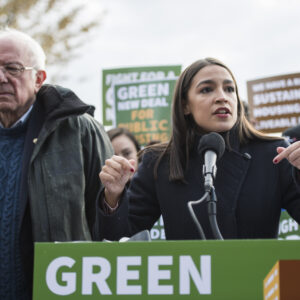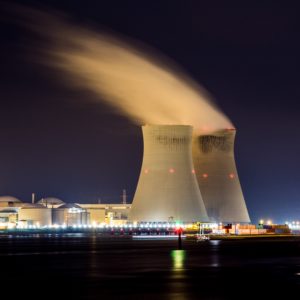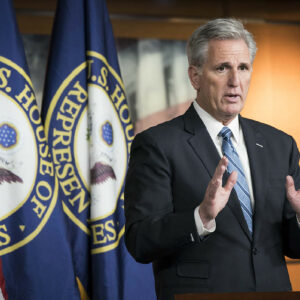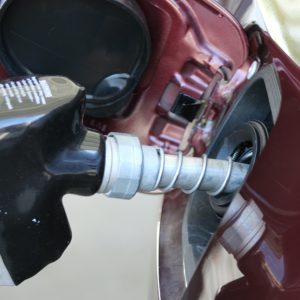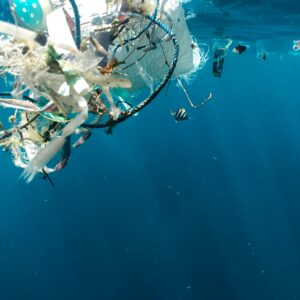"We will achieve climate progress not through Herculean vows, unattainable pledges, or unpassable packages but through meaningful legislation. Durable, bipartisan policy is possible, meaning that Democrats’ ambition and Republicans’ efficient approach can actually complement each other legislatively."
Who’s the Real Climate Criminal?
While Americans are right to be frustrated with climate hypocrisy from Hollywood elites, the true “climate criminals” are the activists and the politicians who are putting their agenda ahead of meaningful, bipartisan action.
NIMBYism Prohibiting Clean Energy Development, According to New Report
ClearPath’s report found that opposition to wind power in the Hawkeye State is growing. 16 of Iowa’s 99 counties have enacted local ordinances to hinder the deployment of wind.
Global nuclear hydrogen group forms
"The group plans to pursue nuclear hydrogen demonstration projects, engage the financial sector to finance such technologies, and advocate for policies that support deploying nuclear hydrogen, members tell Axios. It is not a lobbying organization, however."
What Congress Can Learn From the Dutch Farmer Protests
"Policymakers in the United States must learn from the EU’s mistakes and pursue avenues to empower farmers and ranchers to build on the success of providing more families with food at a smaller environmental cost."
Republicans Are Leading Efforts on Energy, Climate Solutions
Climate change is here to stay and it’s up to our elected leaders to make it an issue that unites Americans rather than increases nationwide partisanship.
Export Ban Would Mean Higher Gas Prices for Americans
"If the U.S. bans refined-product exports, countries in the Americas likely would replace many of those lost barrels with Russian products or Indian products derived from Russian crude. Either way, the U.S. would lose geopolitical influence in its own global backyard and likely cede it, at least in part, to Russia."
A newly discovered plastic-eating bacteria could save the water sources
"The researchers from Cambridge claim that these bacteria have the power to eliminate plastic pollution from water bodies naturally. All we need to do is introduce them to plastic-filled aquatic environments."
Environmentalism at the Expense of People
As Germany, Sri Lanka, and the Netherlands show, top-down government action hurts consumers and the environment.
The Biggest Obstacle to EV Sales is the Government
Reforming dealer franchise laws benefit the environment, the economy, and consumers in every state.

